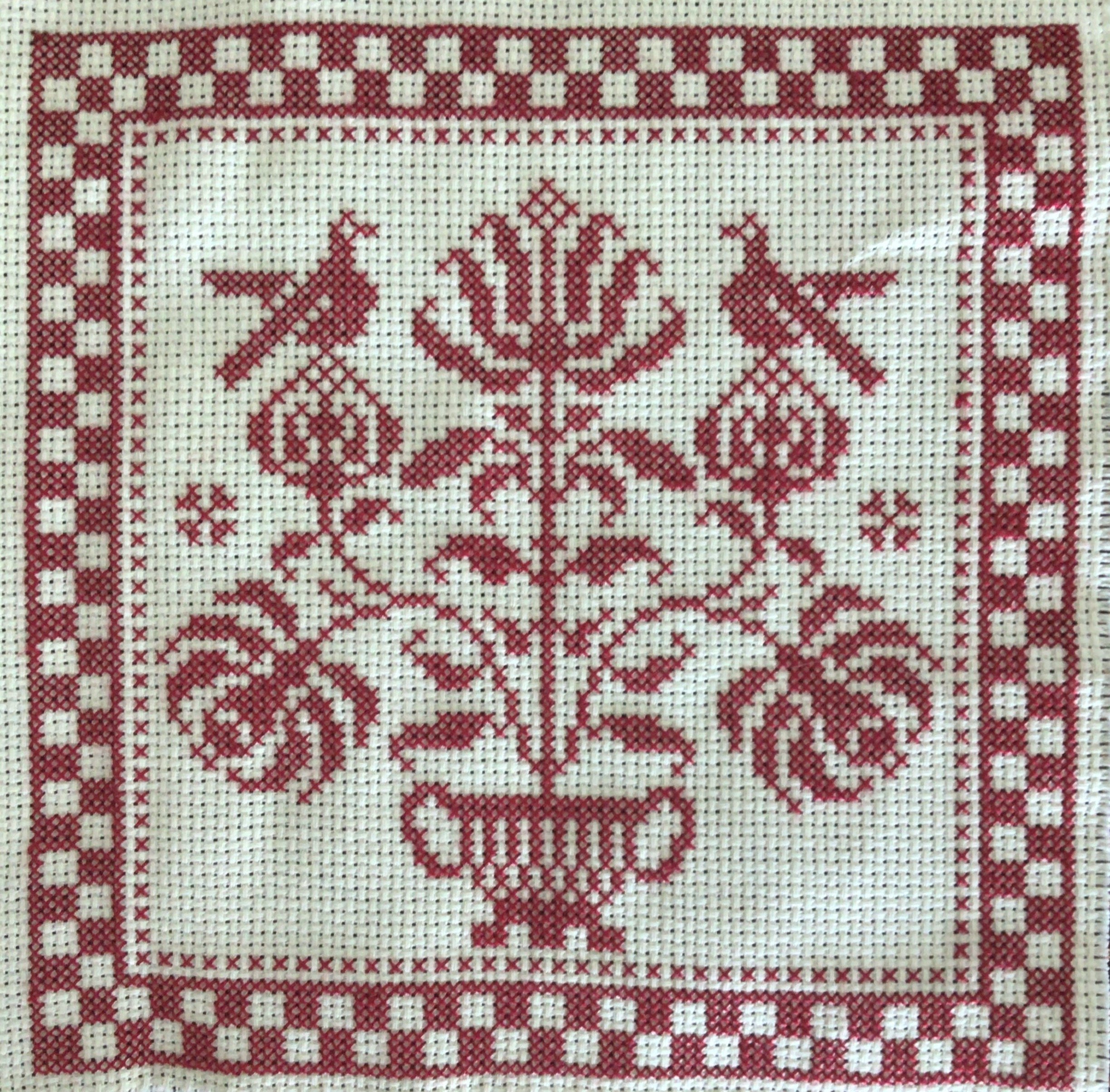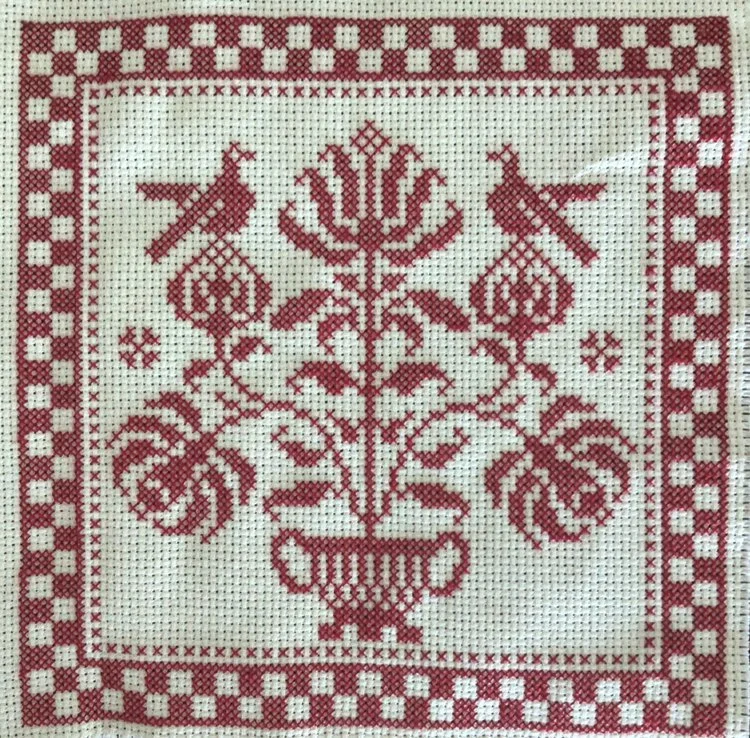On Simulacra, a Passage -- by Alex Ranieri
When a person is pro-war, we call them a ‘hawk’—and yet, after all, a hawk has nothing to do with war. When a hawk attempts egg-snatching, and the crows chase him off, he does not turn around and slaughter them; he glides serenely away.
There is a real necessity in life for symbols, and there can even be a thrill in the marriage between the symbolic hawk, an artificial construct entirely man-made, with the real, breathing being. However—danger lies in the fact that most of us know the symbol better than the reality. We are more familiar and comfortable with our interpretation of an animal, than with its everyday existence, and thus react to the animal as though it were the symbol.
This may seem like little more than an academic exercise, until one considers how often we react in this manner to each other. Symbols of people we have never met consume our waking and our sleeping thoughts, until it becomes more important to tear apart the symbol of what we abhor, than to realize we are encountering another human being entirely separate from ourselves and our imagination, who possesses his own life, his own mind, and his own set of symbols which plague him with their mimicry of reality.
Imagination is, certainly, one of the greatest comforts of life. It helps us to create a vibrant inner world, to which we may retreat in the face of cruelty, nonsense and bewilderment. This particular aspect of imagination, however, is the bane of man’s existence. As a kind of isolation, it is a breeding ground for paranoia; it is always encroaching on our perspective, and must be relentlessly and ruthlessly cut back.
These days it is unfashionable to suggest one ought to regulate one’s feelings, thoughts, and actions. If, however, we will not even strive after awareness of our own weaknesses, as individuals and as a society, then we live at the mercy of not only our own whims, but also those of other people. A society in which reflection, self-awareness and humility are sacrificed at the altars of impulse, reaction and violence is no society at all. It is only a pack of disparate, disconnected human beings; and there is far less safety in this, than exists in a pack of wolves.





